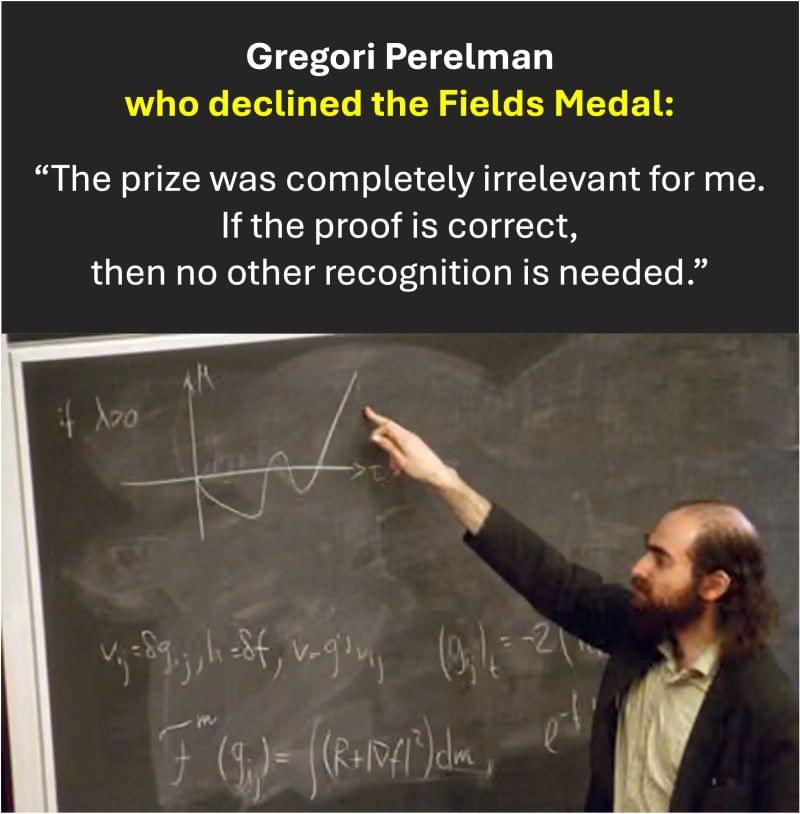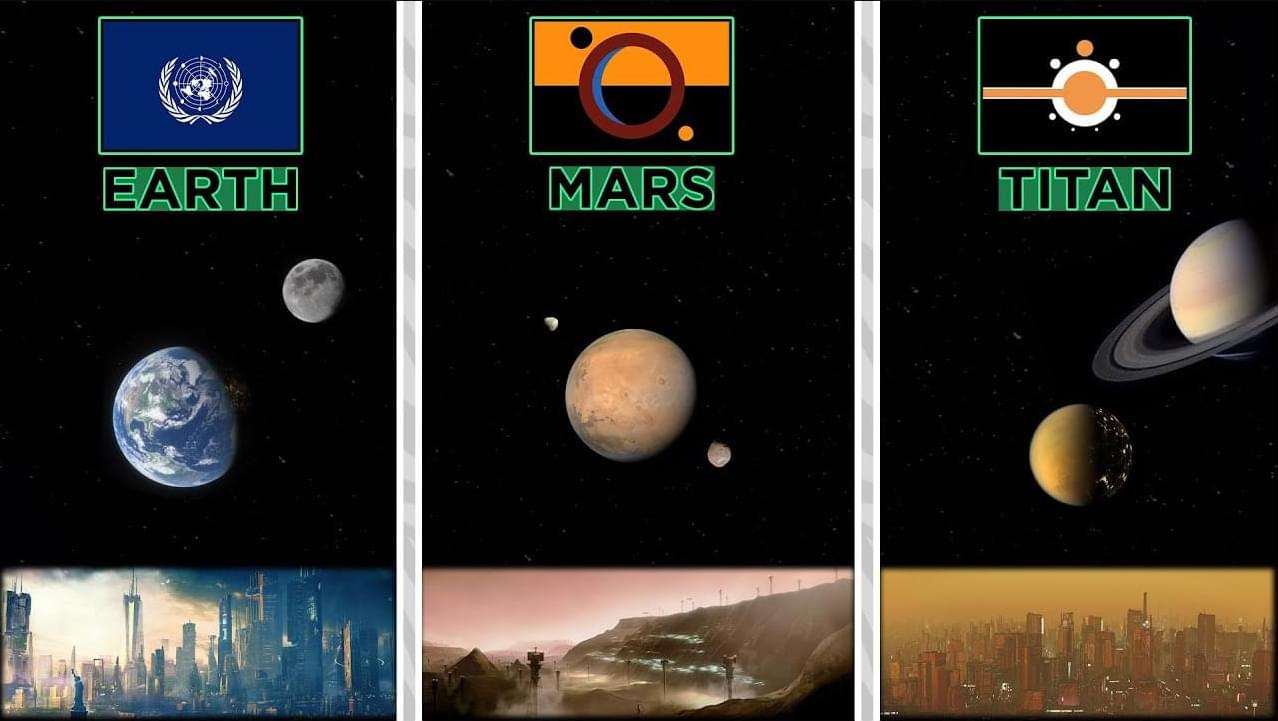Apr 11, 2013
Faith in the Fat of Fate may be Fatal for Humanity
Posted by Franco Cortese in categories: existential risks, futurism, human trajectories, philosophy
This essay was originally published at Transhumanity.
They don’t call it fatal for nothing. Infatuation with the fat of fate, duty to destiny, and belief in any sort of preordainity whatsoever – omnipotent deities notwithstanding – constitutes an increase in Existential Risk, albeit indirectly. If we think that events have been predetermined, it follows that we would think that our actions make no difference in the long run and that we have no control over the shape of those futures still fetal. This scales to the perceived ineffectiveness of combating or seeking to mitigate existential risk for those who have believe so fatalistically. Thus to combat belief in fate, and resultant disillusionment in our ability to wreak roiling revisement upon the whorl of the world, is to combat existential risk as well.
It also works to undermine the perceived effectiveness of humanity’s ability to mitigate existential risk along another avenue. Belief in fate usually correlates with the notion that the nature of events is ordered with a reason on purpose in mind, as opposed to being haphazard and lacking a specific projected end. Thus believers-in-fate are not only more likely to doubt the credibility of claims that existential risk could even occur (reasoning that if events have purpose, utility and conform to a mindfully-created order then they would be good things more often than bad things) but also to feel that if they were to occur it would be for a greater underlying reason or purpose.
Thus, belief in fate indirectly increases existential risk both a. by undermining the perceived effectiveness of attempts to mitigate existential risk, deriving from the perceived ineffectiveness of humanity’s ability to shape the course and nature of events and effect change in the world in general, and b. by undermining the perceived likelihood of any existential risks culminating in humanity’s extinction, stemming from connotations of order and purpose associated with fate.
Continue reading “Faith in the Fat of Fate may be Fatal for Humanity” »










